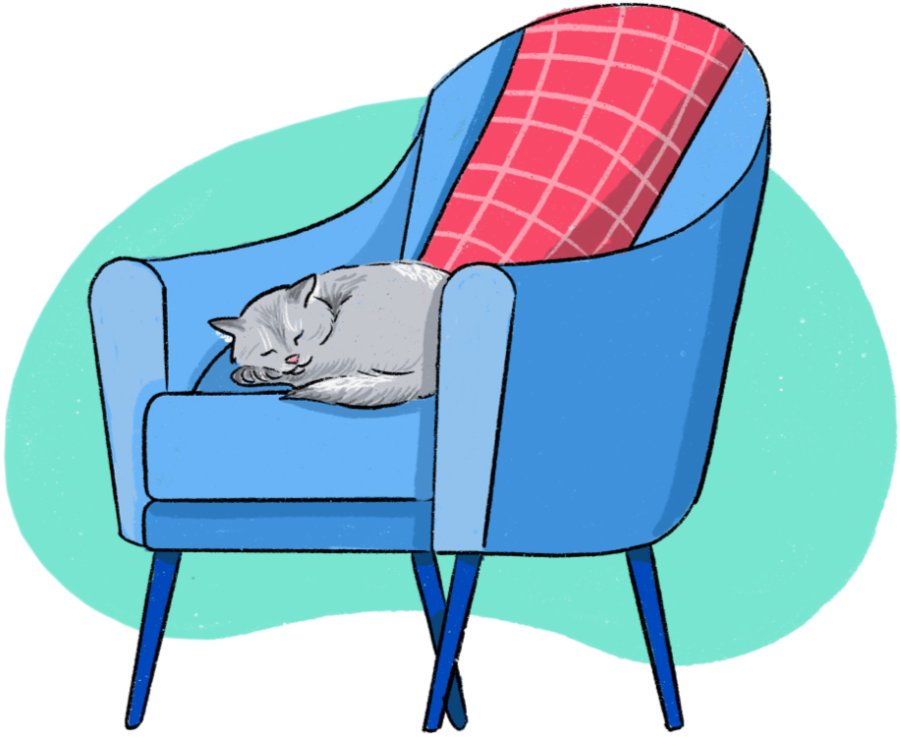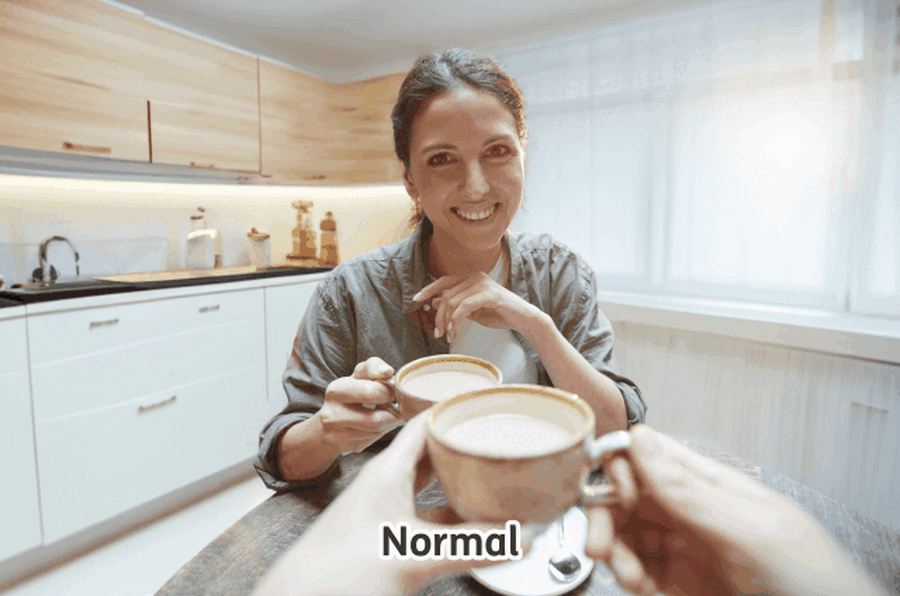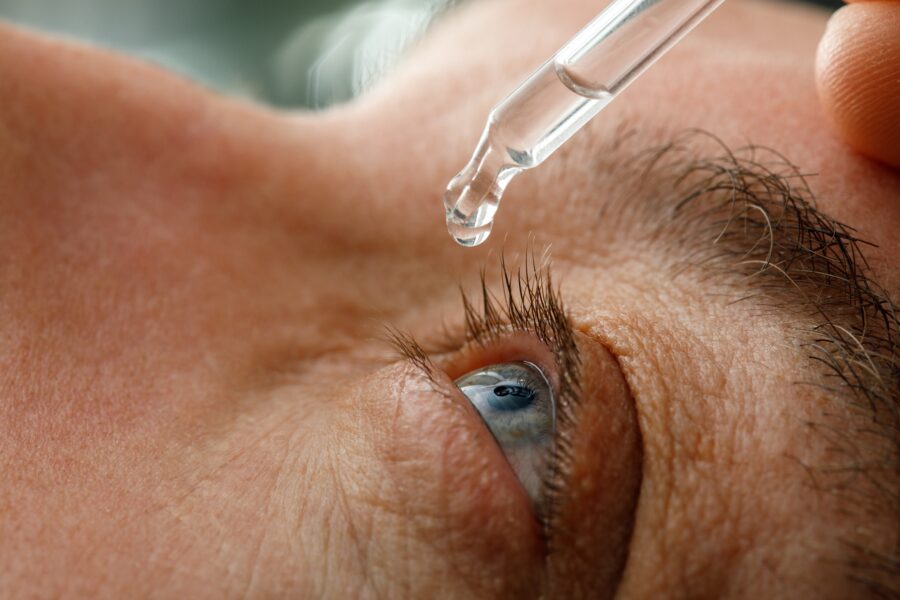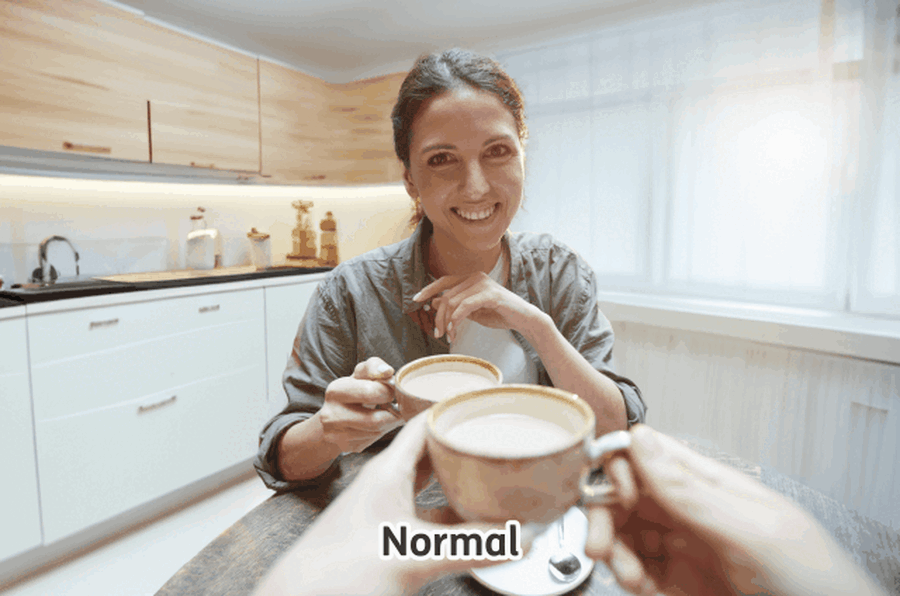Blog post
Why Are My Eyes so Sensitive to the Light?

Matthew Burford BSc(Hons) Optometry MCOptom - Domiciliary Optician and Professional Services Manager at OutsideClinic
5 minute read time
Light sensitivity, also known as photophobia, is a condition that makes being exposed to bright lights uncomfortable.
Dealing with light sensitivity can be challenging, but understanding the potential causes and exploring ways to manage the condition can make a big difference.
What are the signs of light sensitivity?
- Squinting in moderate to bright light
- Eyes watering when exposed to light
- Headaches or migraines triggered or worsened by light
- A sense of dizziness or imbalance in bright environments
- Not being able to face in the direction of the sun or bright lights
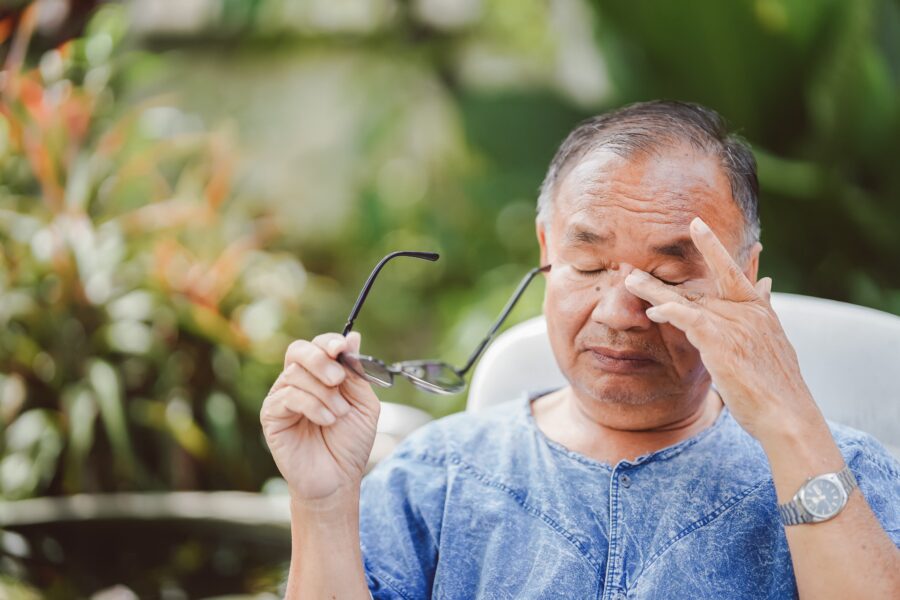
Does eye colour affect how sensitive your eyes are to light?
Interestingly, eye colour can play a role in your sensitivity to light.
People with lighter eye colours, such as blue or green, might find themselves more susceptible to photophobia. This is because they have less melanin in the iris, which helps protect against bright light.
However, that doesn't mean those with brown, hazel or darker eyes can't experience light sensitivity, especially if it's linked to an underlying condition.
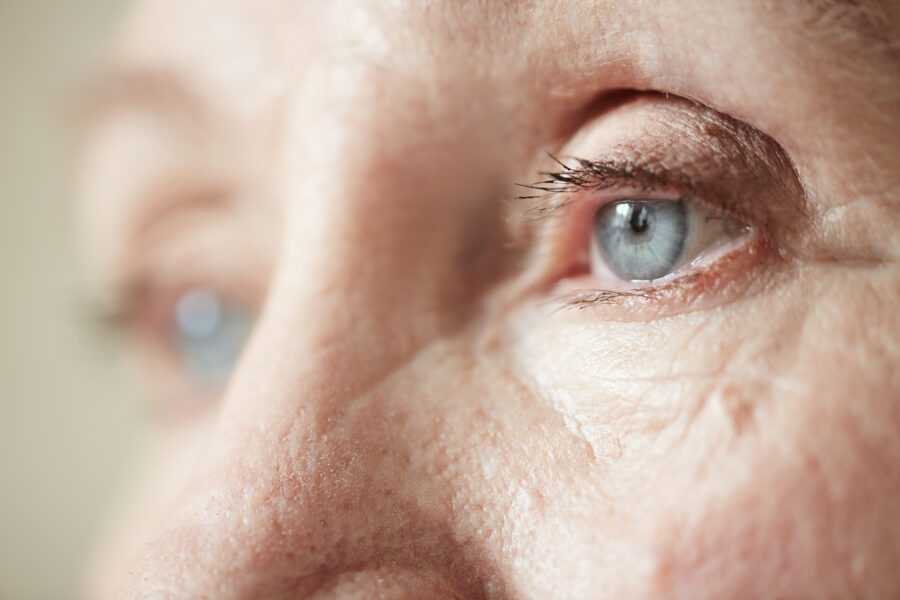
What can cause eyes to be sensitive to the light?
Aside from your eye colour, light sensitivity can happen for a number of reasons. Possible causes include:
- Dry eyes: When eyes are dry, they're less comfortable and more prone to irritation, including sensitivity to light.
- Cataracts: The clouding of the eye's natural lens can scatter light, making bright conditions challenging.
- AMD (Age-related Macular Degeneration): AMD leads to the deterioration of the retina, making eyes more sensitive to light due to impaired central vision.
- Uveitis: Inflammation of the middle layer of the eye, called the uvea or uveal tract, can cause photophobia as the inflamed tissues disrupt the eye's normal response to light.
- Corneal conditions: Damage or disease affecting the outer layer at the front of the eye, called the cornea, can increase light sensitivity by distorting or scattering light as it enters the eye.
- Conjunctivitis: Inflammation of the eye's outer layer can make it particularly sensitive to light.
- Astigmatism: Irregularities in the eye's curvature can cause blurred vision and sensitivity to light.
- Allergies: Eye allergies often come with increased sensitivity to light due to irritation and inflammation.
- Flu: Systemic illnesses like the flu can temporarily heighten your sensitivity to light as your body battles the infection.
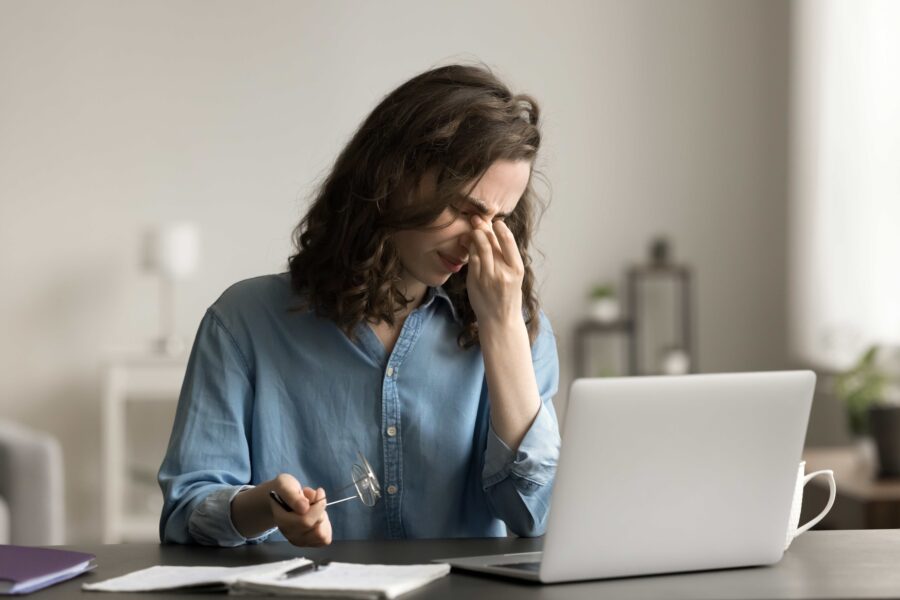
How do I manage light sensitivity?
- Good quality sunglasses: When buying sunglasses always look out for the CE, UV 400 or British Standard markings as they indicate a safe level of protection for your eyes. Your sunglasses should be well-fitted, cover your eyes and sit close to the face. For example, wraparound frames would provide better protection than round framed sunglasses that sit further away from the face.
- Eye drops: For dry eyes or allergies, lubricating eye drops or anti-allergy drops can provide comfort and reduce sensitivity.
- Glasses for photophobia: Consider photochromic lenses or glasses with a slight tint designed to reduce glare and filter out harsh light.
- Lifestyle adjustments: Adjusting screen time, using softer lighting at home and taking regular eye breaks during prolonged focus can all help manage sensitivity.
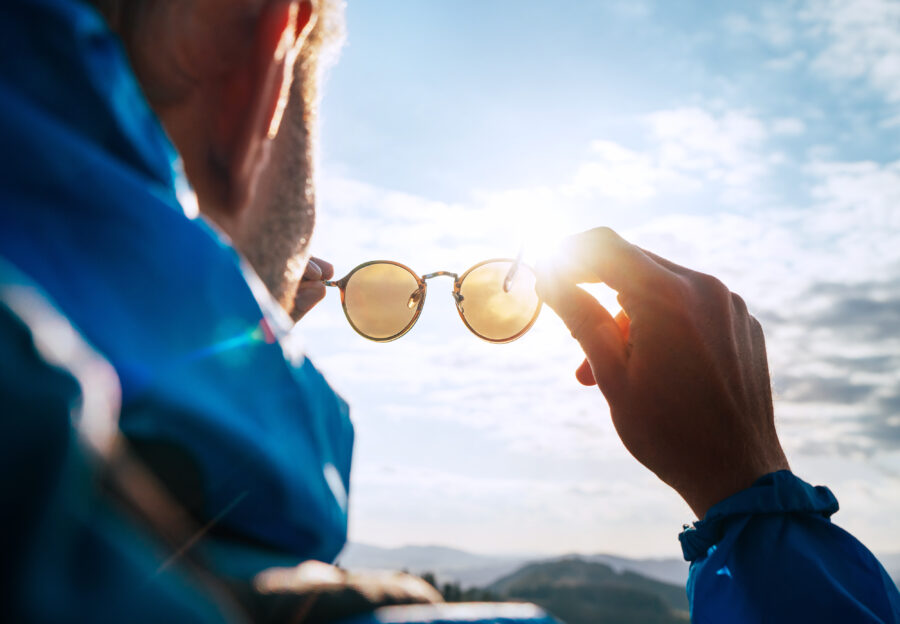
Should I consult my Optician about light sensitivity?
If you're experiencing persistent or severe light sensitivity, or if it’s affecting your ability to carry out daily tasks, it might be a sign of an underlying condition that needs professional attention, so it’s a good idea to book an eye test.
If you have concerns and would like some advice, get in touch and we can advise the best course of action based on your individual circumstances.
OutsideClinic offers accessible and comprehensive eye tests conducted in the comfort of your own home. Our eye specialists are based all over the UK.
NHS funded at-home eye tests are available for eligible individuals who find it difficult to leave their home.
Check your eligibility for a sight test at home
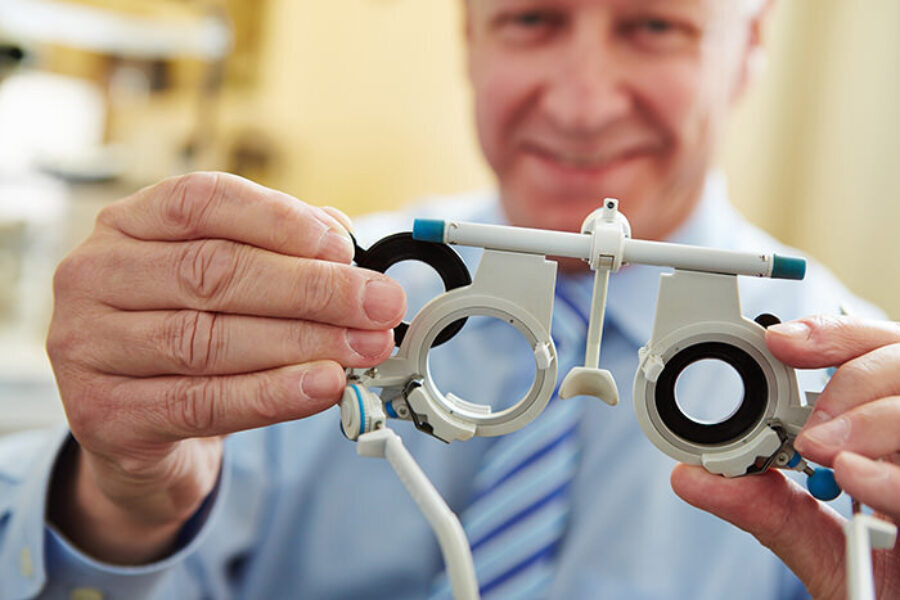

By Matthew Burford BSc(Hons) Optometry MCOptom - Domiciliary Optician and Professional Services Manager at OutsideClinic
Matthew graduated from Aston University in 2004 with a degree in Optometry.
